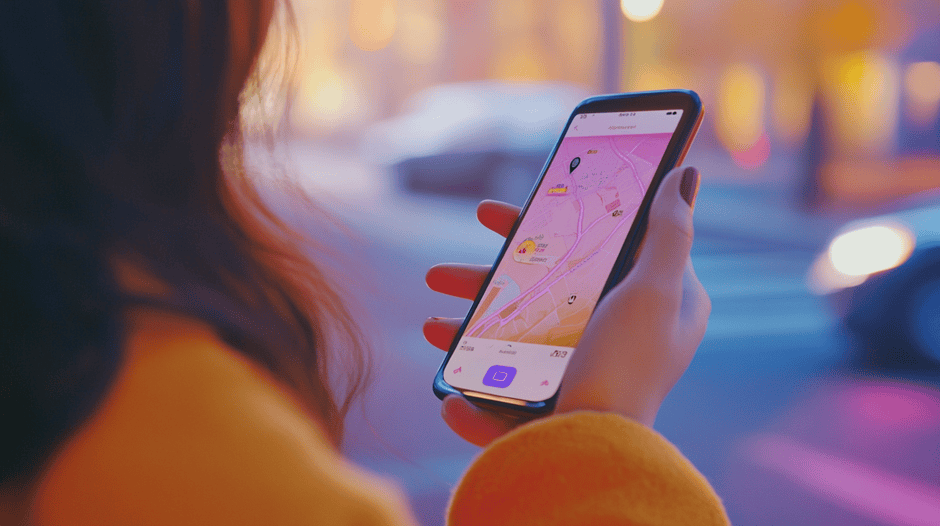8730 Wilshire Boulevard, California 90211
Get Help Now
8730 Wilshire Boulevard, California 90211
Get Help Now

From their inception, Uber and Lyft have argued that their drivers are independent contractors, not employees. The companies say they simply provide a technology platform that enables independent contractor drivers to provide services to riders who hire them. The companies argue that they are therefore not subject to many of the laws and legal principles that apply to employers.
One of these is the doctrine of “respondiate superior,” which is a principal-agent rule that holds employers responsible for most actions of their employees, even if not directed or approved by the employer (or even known to the employer). As long as rideshare drivers are considered independent contractors, Uber and Lyft generally cannot be held responsible for the negligence of their drivers.
In 2018, the California Supreme Court decided a case involving same-day delivery service drivers whose hiring entity considered them to be independent contractors. Dynamex Operations West, Inc. v. Superior Court, et al. established a so-called “ABC test” for determining a worker’s status. Under this test, a worker is considered an independent contractor if he or she:
Assembly Bill 5, a new state law, has now codified the ABC test adopted in Dynamex. While it does not explicitly name any rideshare services, the law can be interpreted as being targeted at them. AB 5 provides that for purposes of the state’s Labor Code and Unemployment Insurance Code, and Industrial Welfare Commission wage orders, an employer-employee relationship is presumed to exist unless the “hiring entity” can demonstrate the existence of all three elements of the Dynamex “ABC” test.
AB 5 provides that for purposes of the state’s Labor Code and Unemployment Insurance Code, and the wage orders of the Industrial Welfare Commission, an employer-employee relationship is presumed to exist unless the “hiring entity” can demonstrate the existence of all three elements of the Dynamex “ABC” Test
Uber has recently announced that it intends to continue to treat its California drivers as independent contractors. Thus it appears that the final chapter of the employee-versus-independent contractor saga in California has not yet been written. The attorneys at the Law Offices of Eslamboly Hakim will remain actively involved in these and related issues on behalf of our clients.
Like all automobile accidents, an accident involving a Los Angeles County rideshare vehicle can cause serious and traumatic injuries and emotional distress. In some cases, your injuries may be disabling and require lifelong medical treatment. An experienced rideshare accident attorney can help you get all the compensation you deserve.
If you or someone you care about has been involved in a rideshare accident, it’s important to know that you don’t have to navigate the aftermath alone. The Law Offices of Eslamboly Hakim in Los Angeles County specialize in advocating for the rights of accident victims and helping them obtain the compensation they deserve. Our experienced legal team understands the complexities of rideshare insurance policies and state regulations, ensuring that your case is handled with the utmost care and expertise.
Don’t hesitate to reach out—contact us today at 800-LAW-TALK (529-8255) or get in touch with us online to discuss your situation and learn how we can assist you in your journey toward justice and recovery.
Tag: